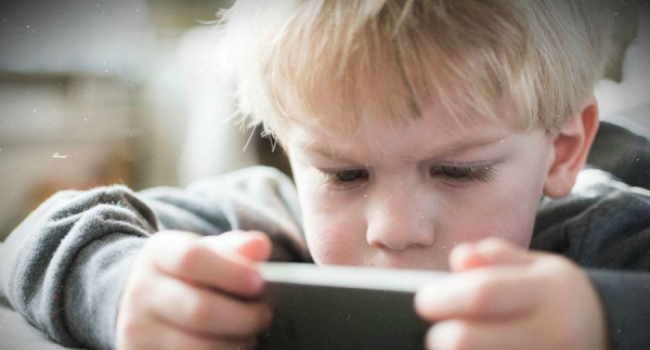- Latest news▼
-
10:23, April 19 JAMA Oncology: Urine test can help rule out high-grade prostate cancer with almost 100% accuracy, study shows

-
18:00, April 18 Daily Mail: Elderly woman in China gets infected with brain-eating amoeba

-
14:19, April 18 Obesity: exercising before breakfast helps you lose weight faster

-
10:42, April 18 The Conversation: childhood trauma can cause pathological hoarding

-
08:37, April 18 Daily Mail: Satiating food reduces cravings for sweets, nutritionist says

-
18:22, April 17 First Armenian-German Conference entitled “Heart Failure Spring School”

-
08:38, April 17 Why do kids usually recover from COVID-19 more easily than adults?

-
14:37, April 16 Daily Mail: intermittent fasting is not suitable for children and women before their periods

-
16:41, April 15 Cell: in carriers of defective BRCA2 gene, sugar consumption increases cancer risk

-
15:04, April 15 305 cases of measles recorded in Armenia so far in 2024

-
14:38, April 15 Food and Environmental Virology: tea contributes to effective coronavirus control

-
12:41, April 15 Daily Mail: vitamin A, B3 and E supplements can be dangerous

-
10:56, April 15 Diabetes Care: evening physical activity is good for the heart

-
08:27, April 15 Women are more susceptible to blood loss and death during bypass surgery than men, researchers say

-
18:42, April 13 WHO: Nigeria pioneers revolutionary meningitis vaccine

All materials
How much screen time is too much in early childhood?

University of Canterbury (UC) researchers studied the impacts of screen exposure on early childhood development.
Using data from over 6000 children collected from Aotearoa New Zealand’s largest longitudinal study, Growing Up in New Zealand, the researchers assessed children’s screen exposure at 9 months, 2 years, 4 years, 5 years, and 8 years of age.
The UC researchers measured the amount of time children spent on screens at different stages of childhood against language, early literacy and numeracy skills, and peer-related problems while also considering factors such as maternal education and socio-economic status.
“The children who spent more time on screens throughout early childhood – 9 months to 5 years – scored lower on measures of language and educational ability and higher on parent-reported peer problems at ages 5 and 8,” researchers say.
Screen exposure included direct screen time spent watching TV or on a device, and indirect screen time where the child was in a room with the TV on but not actively watching.
The UC researchers also evaluated the impact screen time has on development due to reduced time participating in other activities.
They say children with high levels of screen exposure were less likely to be engaging in more socially and sensory-rich types of childhood activities, such as playgroups, museums, parks, and cultural events.
“Screen time is only one of many factors that determine children’s outcomes but it’s one that is becoming increasingly prevalent. Early childhood is the time where parents have the most influence over children’s habits and is a critical period for setting healthy habits, so if we can reduce screen time in early childhood there can be positive flow-on effects that influence good health throughout their lifespan.”
Follow NEWS.am Medicine on Facebook and Twitter
- Video
- Event calendar
- Archive
- Most read
month
week
day
- WHO: Nigeria pioneers revolutionary meningitis vaccine 1174
- One-third of women experience menstruation-related migraines, most often during premenopause - study 1140
- Food and Environmental Virology: tea contributes to effective coronavirus control 962
- Daily Mail: vitamin A, B3 and E supplements can be dangerous 961
- Women are more susceptible to blood loss and death during bypass surgery than men, researchers say 956
- Cell: in carriers of defective BRCA2 gene, sugar consumption increases cancer risk 933
- 305 cases of measles recorded in Armenia so far in 2024 925
- Diabetes Care: evening physical activity is good for the heart 915
- Daily Mail: intermittent fasting is not suitable for children and women before their periods 743
- First Armenian-German Conference entitled “Heart Failure Spring School” 529
- Why do kids usually recover from COVID-19 more easily than adults? 406
- Obesity: exercising before breakfast helps you lose weight faster 398
- The Conversation: childhood trauma can cause pathological hoarding 389
- Daily Mail: Elderly woman in China gets infected with brain-eating amoeba 363
- Daily Mail: Satiating food reduces cravings for sweets, nutritionist says 362
- Find us on Facebook
- Poll





